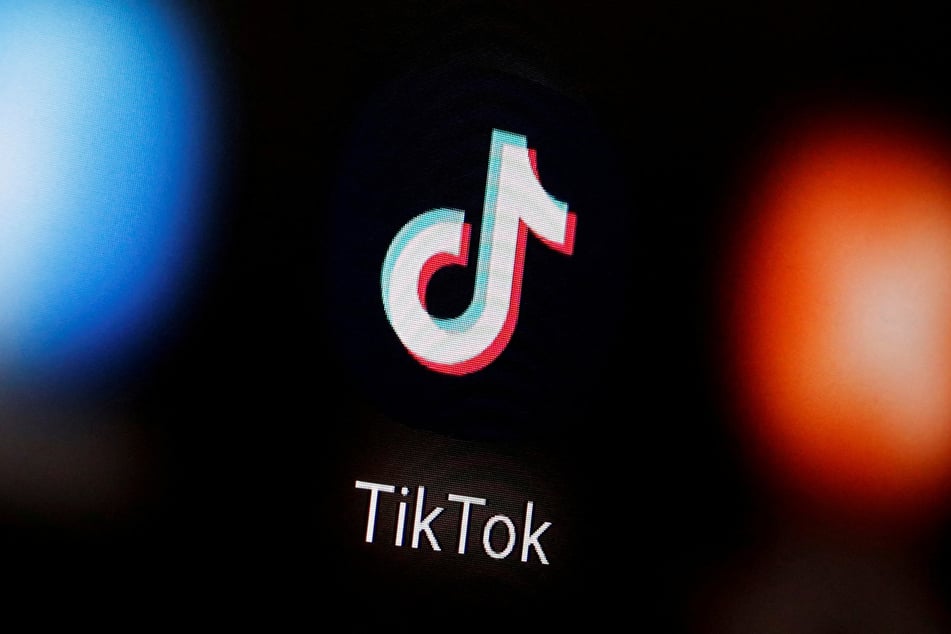TikTok's shocking potential to cause eating disorder revealed in new study
Bathurst, Australia - Exposure to certain videos on TikTok could put women at a higher risk of developing health problems such as eating disorders, a new study has suggested.

Researchers from Charles Sturt University in Australia warned there must be "effective controls" put in place on the platform to stop what they describe as "pro-anorexia" content circulating.
For the study, some 273 female TikTok users aged 18 to 28 were given questionnaires that measured disordered eating behavior, such as binge-eating and self-induced vomiting, as well as body satisfaction and internalization of societal beauty standards.
The majority were from Australia, with 71% reporting that they spent up to two hours a day on TikTok.
Of the group, 126 were shown TikTok videos about disordered eating, such as young women restricting food intake and sharing weight loss tips, as well as videos of slim women showing off cinched waists and content about working out and juice cleanses.
The remainder of the group were shown videos about nature, cooking, comedy, and animals.
After watching seven to eight minutes of TikToks, the two groups were then asked to fill out the surveys on body image and beauty standards again.
The study, published in the journal PLOS One, found that pro-anorexia content "significantly decreased" the first group’s body image satisfaction and increased their internalization of appearance ideals.
Researchers call for more controls on TikTok

Researchers said: "Our findings indicate that female-identifying TikTok users may experience psychological harm even when explicit pro-anorexia content is not sought out and even when their TikTok use is time-limited in nature."
The team also called for stricter controls on pro-eating disorder content being posted on the platform.
They added: "The findings of this study suggest cultural and organization change is needed."
"There is a need for more stringent controls and regulations from TikTok in relation to pro-anorexia content as well as more subtle forms of disordered eating- and body-related content."
Prohibiting or restricting these videos could reduce the risk of eating orders developing among users, the study suggests.
"There are current steps being taken to delete dangerous content, including blocking searches such as ‘#anorexia’, however, there are various ways users circumvent these controls and further regulation is required," researchers said.
TikTok said that its community guidelines do not allow "showing or promoting disordered eating and dangerous weight loss behaviors," or "facilitating the trade or marketing of weight loss or muscle gain products."
Cover photo: IMAGO / CFOTO